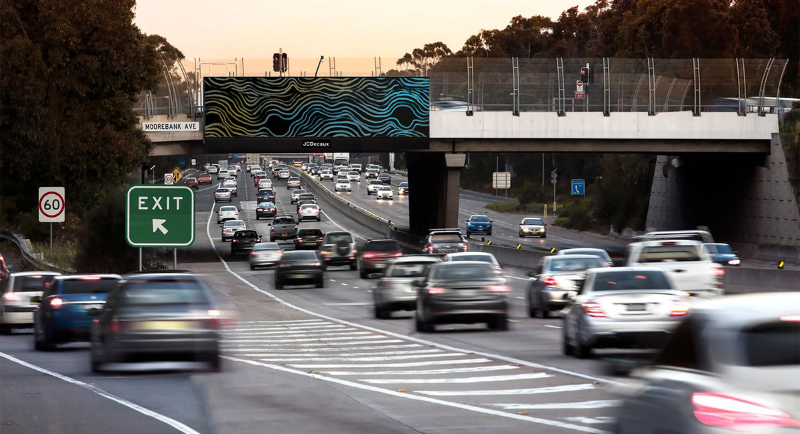JCDecaux is deepening its commitment to meaningful partnerships with Aboriginal and Torres Strait Islander peoples with the launch of its Innovate Reconciliation Action Plan (RAP) endorsed by Reconciliation Australia.
The two-year plan outlines clear actions across employment, education, procurement, and partnerships, positioning reconciliation at the core of how JCDecaux operates.
David Watkins, co-CEO JCDecaux and RAP Committee executive sponsor, said: “This RAP is about continuing our meaningful momentum to ensure our reconciliation efforts flow through every part of our business and the wider media ecosystem.
“Reconciliation Action Plans are proven to have real impact, fostering stronger relationships, increasing respect, and opening up opportunities for Aboriginal and Torres Strait Islander peoples. From employment pathways and supplier diversity to visibility and education, we’re embedding reconciliation into our decisions, our relationships, and our culture.
“At JCDecaux we believe that diverse perspectives drive stronger outcomes, not only for our people and partners, but for the communities we serve every day.”
The key initiatives JCDecaux has committed to for 2025-2026 include developing a recruitment, retention, and professional development strategy to increase representation of First Nations peoples across its workforce, strengthening procurement practices to support and scale partnerships with Aboriginal and Torres Strait Islander-owned businesses and expanding support for First Nations enterprises through the continued evolution of the Nurture for Country program.
The outdoor advertising is also committed to delivering regular cultural awareness training through education partner Mirri Mirri to ensure a culturally safe and inclusive workplace, ongoing partnerships with cultural advisors including Cox Inall Ridgeway, KARI Foundation, ARA Indigenous Services, and Mirri Mirri to guide implementation and integrating more First Nations artwork across JCDecaux’s public assets, building on the success of pathed between by artist Lisa Waup, which currently features on the West Gate Freeway in Melbourne.
A significant focus of the initiative’s next phase will be on improving employment outcomes for Aboriginal and Torres Strait Islander peoples.
This comes after members of JCDecaux’s RAP Working Group attended a careers expo hosted by its partner KARI Foundation earlier this year. The event brought together schools, students, and organisations connecting Aboriginal and Torres Strait Islander students with future career pathways.
Marie Norman, JCDecaux RAP Working Group Co-Chair, said: “The careers expo was a powerful reminder of how important it is to show up, especially in places where young people are shaping their futures. It was a great opportunity to share what it’s like to work at JCDecaux and talk about the diverse career opportunities available across our business, from tech to trades, marketing to media sales, and more.”
